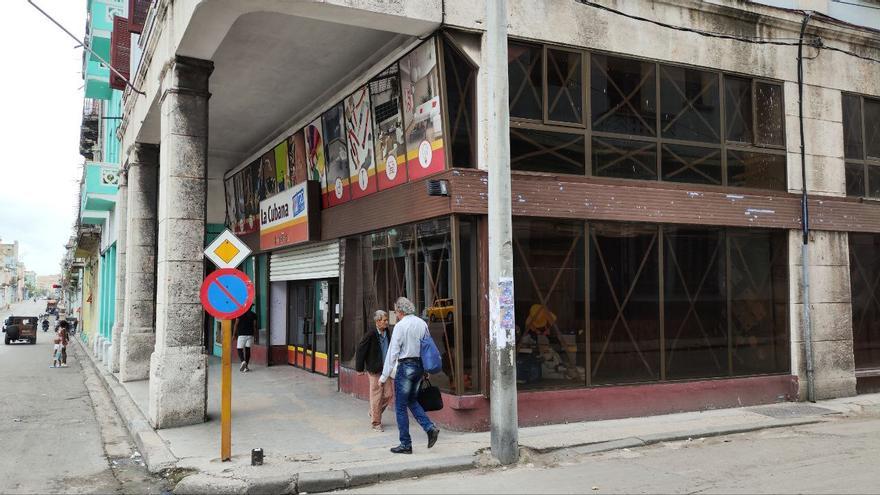
![]() 14ymedio, Havana, 18 February 2024 — No one calls the hardware store on the corner of Reina and Lealtad in Centro Habana by its official name: La Cubana. For all those who know the business, which was in its time the most important of its kind in Cuba, the place is called Feíto y Cabezón. The surnames of its founders, with some slight colloquial variations, transcended the nationalization, the plummet of the store’s offerings and even its reconversion to the current sales in freely convertible currency.
14ymedio, Havana, 18 February 2024 — No one calls the hardware store on the corner of Reina and Lealtad in Centro Habana by its official name: La Cubana. For all those who know the business, which was in its time the most important of its kind in Cuba, the place is called Feíto y Cabezón. The surnames of its founders, with some slight colloquial variations, transcended the nationalization, the plummet of the store’s offerings and even its reconversion to the current sales in freely convertible currency.
The documentary Cabezones, directed by the writer Luis Enrique Valdés Duarte, resident in Spain, and the actor Alberto Maceo, who lives in Germany, approaches the story of Nicolás Cabezón, a Spanish migrant who arrived on the Island with nothing but the clothes on his back and ended up creating the most famous hardware store in Havana. On February 24, the documentary will premiere at the Zorrilla Theater in Valladolid, Spain, and its filmmakers have responded to questions from 14ymedio. Both the words and the images captured in the short film speak of travel, entrepreneurship, dreams and absurdities, but also of stubborn, extremely “headstrong” people.
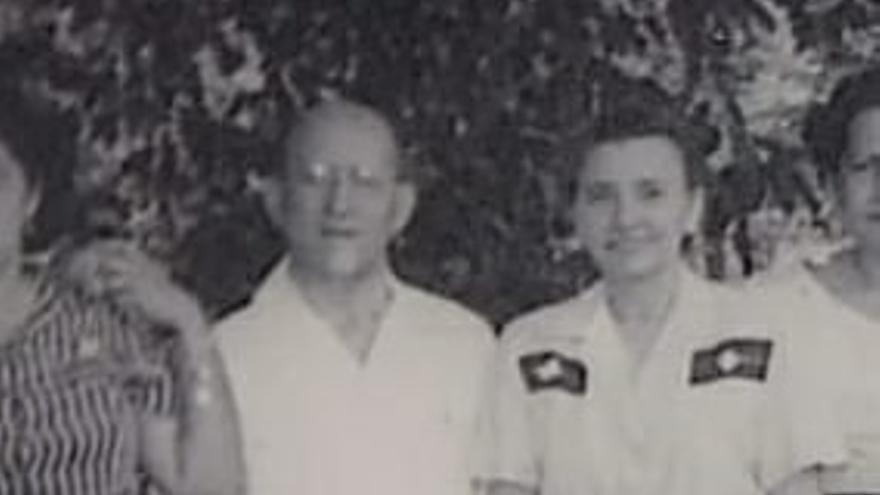
Question. Screws, washers and nuts. Isn’t this documentary a little far from the topics that both of you have dealt with previously, closer to art, literature and theater?
Answer. In reality, it’s a documentary about memory, emigration, the effort involved in leaving your land and raising your head in another, about injustices and freedom. They are topics that interest us a lot and can be discussed, because they take place among the screws, washers and nuts, as well as between grooves and curtains or on the docks of a shipyard. It is true that we seem to have moved away from our destiny, but we have not betrayed it: this is a documentary about the emotions awakened by all the topics mentioned.
Q. Where did you begin to unravel the theads of this story? From entrepreneurship to emigration, or did it begin with suitcases and continue towards the business world?
A. Curiously, the reason was in the name of that hardware store. Every time we passed by there we asked ourselves the same thing: why is it called Feíto and Cabezón if it is on Reina and Lealtad?, assuming that perhaps it came from the name of its corner, as was the case with so many Havana businesses. We had a theory that perhaps the hardware owner had those physical characteristics (cabezón means a “big head”) and didn’t mind being called that affectionately. But nothing could be further from the truth.
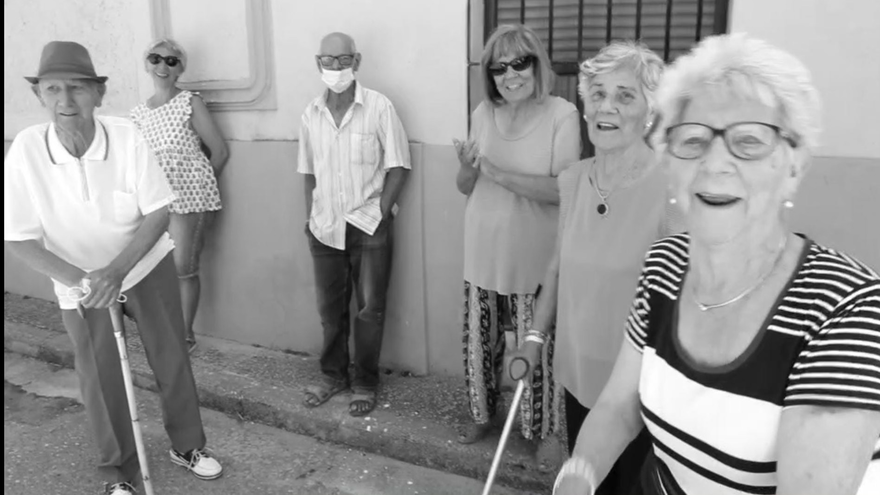
One day, now living in Urueña (Valledoid Province) we looked it up on the internet; it wasn’t easy to find something, but we did, and we were surprised: the founder of that store, whose last name was Cabezón, had been born in the next town, which you could even walk to. He had gone to Cuba in the hard years of the Spanish post-war as a poor child. There was a story to tell. There are only three or four inhabitants left in the town, but we managed to locate the descendants of Don Nicolás Cabezón, now older. What they told us, based on their faithful memories, gave substance to the film. They started with the suitcase, yes. And it was all very hard!
Q. Despite the years, the confiscation, the nationalization and the changes, people continue to call the hardware store on Reina Street “Feíto and Cabezón”. Why this popular persistence? Sound of the name or quality of the work they carried out?
A. We believe it’s both. It is striking how many places in Havana have preserved their original name. Reina Street itself is never called by its current name. The same thing happens with certain products and equipment: they have continued to be called after their most prominent and popular brands when they were in Cuba. Anyway, we know that what they built there was an empire through work.
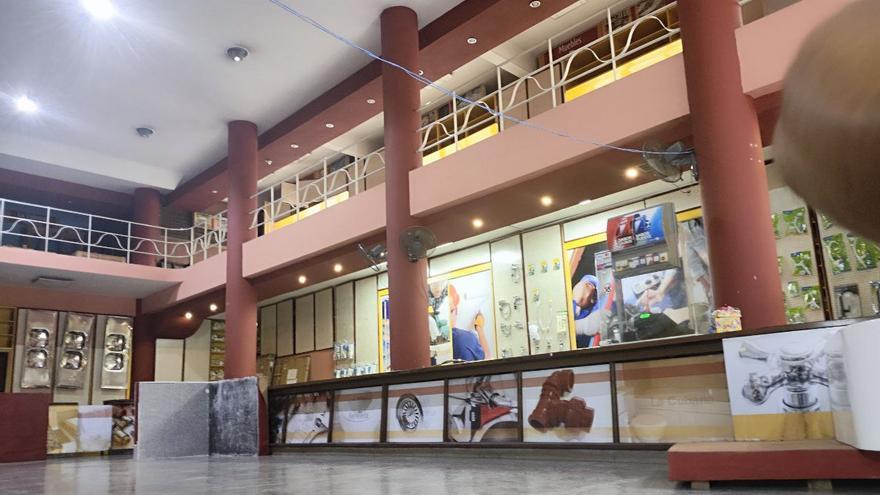
The hardware store became a reference for Havana society. If you couldn’t find something in Feíto and Cabezón, it didn’t exist. The reason is everything: indeed, the name is sonorous and even funny to say. Note that the surname “Feito” doesn’t have an accent on the “i”. It comes from northern Spain and means “done,” but since “Feito” was followed by “Cabezón”, Cubans added that funny accent and have resisted calling the hardware store by its current name. The store was actually called Feito y Cabezón.
Q. What were some of the surprises that appeared during the research for this documentary?
A. The first was that simple accent that changes everything in the name. From there came many others: the great impact the significant prosperity with which, twenty years later, Nicolás returned to his town had on his family; the relationships he had established with the highest strata of Cuban society; his way of traveling… Then, his spectacular loss, so painful and so unfair, after the times he held out his hand to so many people. The greatest surprise was his family, so lucid and kind, with such clear memories. They even remember the name of the ship that brought them back to Spain for the first time. And, finally, his stubbornness, perhaps what we have admired the most: his immense will to stand tall until the end.
Q. What should viewers expect? A documentary focused on the past? Any clues about the Cuban future?
A. Look, categorical knowledge of the past is fundamental for the progress of any nation, for the most accurate understanding of the present and, above all, because it contains, without a doubt, many ways to find the solution to our current problems. We are not the ones to say. José Martí said it more clearly, in a “criticism of society and education”: “The past is the root of the present. We must know what it was, because what was exists in what is.”
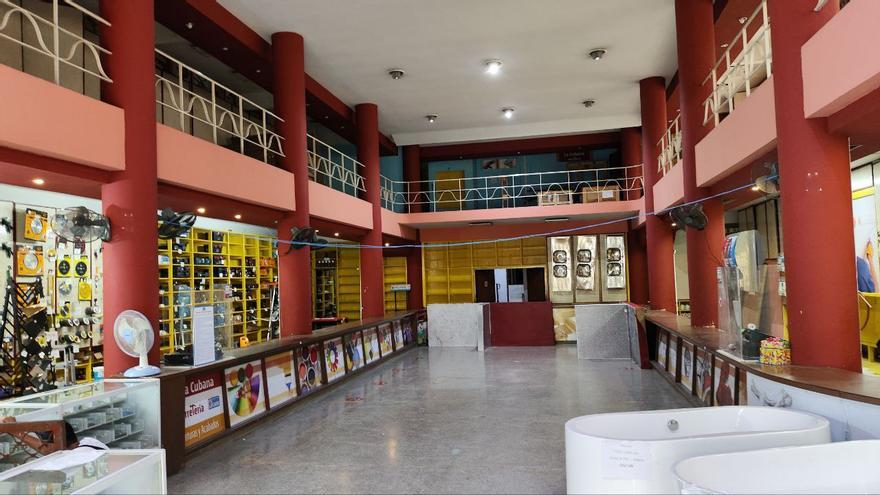
However, we know that great damage is happening to the Cuban people every day, and that is the biggest key, the main reason to react once and for all.
What the viewer will see, in any case, will be an act of deep respect for these people from the Castile countryside who did not give up, even in the hardest years, in their commitment to maintain their principles, to fight for a better future, to save their dignity, to make their way wherever they went, to face disgrace with their eyes open. It is a round trip: that of any emigrant who one day left everything behind. It is, therefore, a mirror, the mirror of our grandparents’ house in which we have looked at ourselves again. And nothing more!
Translated by Regina Anavy
____________
COLLABORATE WITH OUR WORK: The 14ymedio team is committed to practicing serious journalism that reflects Cuba’s reality in all its depth. Thank you for joining us on this long journey. We invite you to continue supporting us by becoming a member of 14ymedio now. Together we can continue transforming journalism in Cuba.
